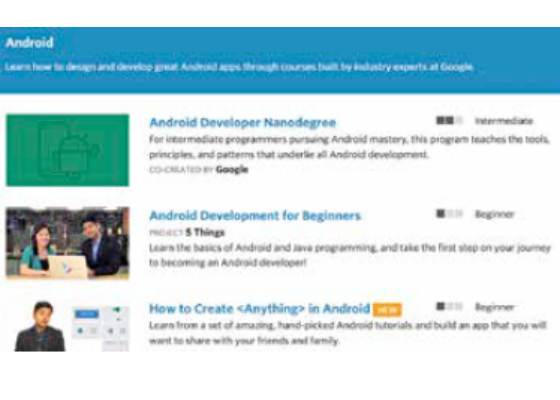So, with a market share hovering around the 0.1 percent mark, BlackBerry has decided to take a big step back, announcing that it will stop developing its own smartphones. Instead, BlackBerry will focus on a more lucrative market — enterprise software services.
“The company plans to end all internal hardware development and will outsource that function to partners. This allows us to reduce capital requirements and enhance return on invested capital”, says BlackBerry CEO John Chen. The company broke the news in its Q2 FY2017 earnings report.
BlackBerry has tried to turn things around for its smartphone division using Android. It launched Priv, its first device running the open-source operating system, in Q4 2015. A premium handset, it was too expensive to give its market share a significant boost. In fact, sales have been low for its entire lineup.
The second Android smartphone is more relevant to BlackBerry’s mobile strategy, because it wasn’t developed in-house by the Canadian company. Called DTEK50, it is actually a rebranded Alcatel Idol 4. This is a more affordable smartphone, though it still looks a bit out of place in today’s consumer market by looking at its specs sheet.



